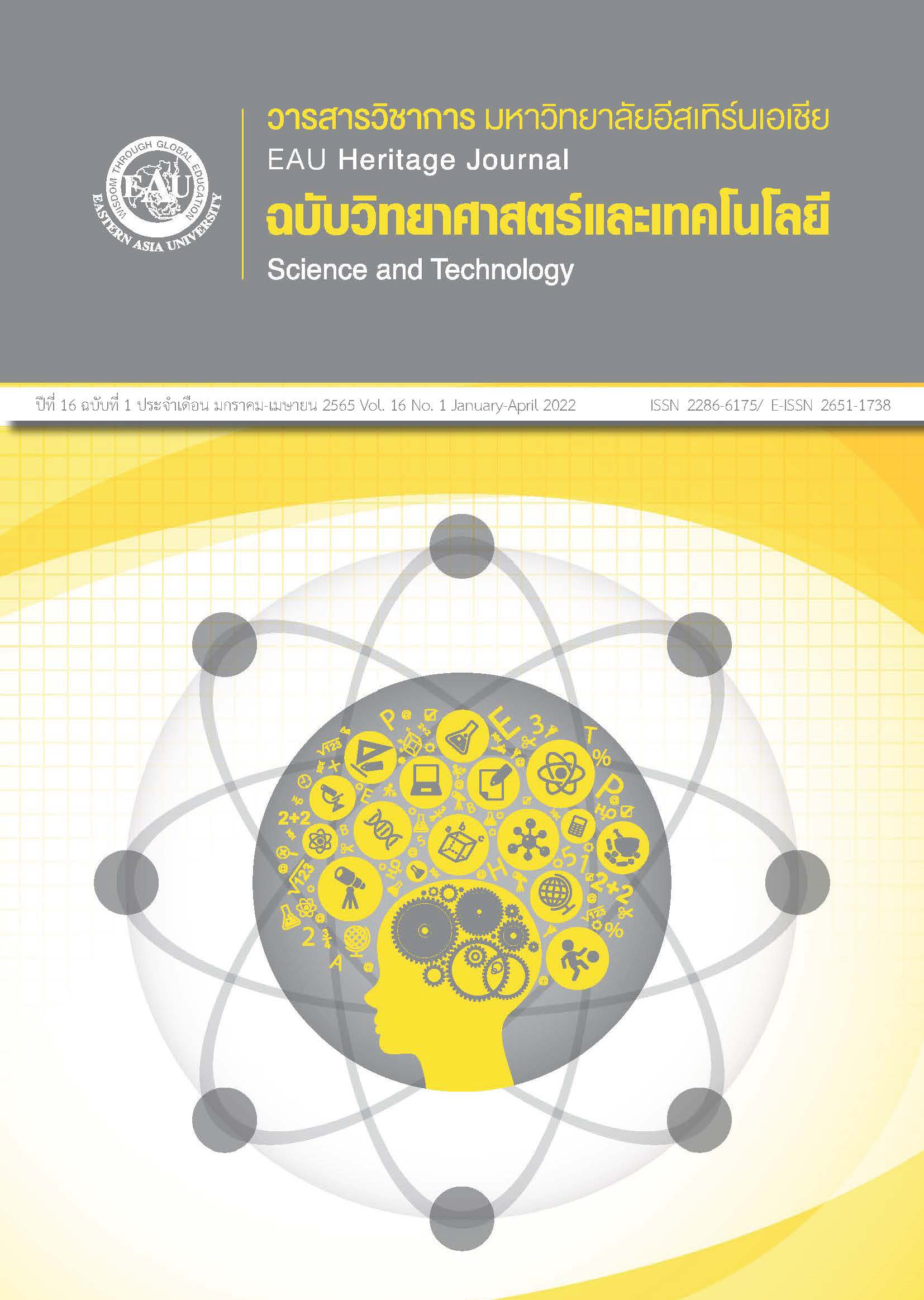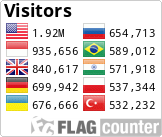ประสิทธิผลของโปรแกรมความรอบรู้ด้านสุขภาพต่อพฤติกรรมการดูแลสุขภาพตนเอง ของผู้ป่วยโรคความดันโลหิตสูง โรงพยาบาลส่งเสริมสุขภาพตำบลอรัญญิก อำเภอเมือง จังหวัดพิษณุโลก
คำสำคัญ:
ความดันโลหิตสูง, ความรอบรู้ด้านสุขภาพ, พฤติกรรมการดูแลสุขภาพตนเองบทคัดย่อ
การศึกษากึ่งทดลองนี้ (quasi-experimental research) มีวัตถุประสงค์เพื่อศึกษาประสิทธิผลของโปรแกรมความรอบรู้ด้านสุขภาพต่อพฤติกรรมการดูแลสุขภาพตนเองของผู้ป่วยโรคความดันโลหิตสูง โรงพยาบาลส่งเสริมสุขภาพตำบลอรัญญิก อำเภอเมือง จังหวัดพิษณุโลก กลุ่มตัวอย่างที่ใช้ในการวิจัยเป็นผู้ป่วยโรคความดันโลหิตสูงที่มารับบริการโรงพยาบาลส่งเสริมสุขภาพตำบลอรัญญิก คัดเลือกโดยใช้เทคนิคในการสุ่มแบบ 2 ขั้นตอน (two-stage sampling) กลุ่มตัวอย่างจำนวน 60 คน แบ่งเป็นกลุ่มทดลอง และกลุ่มควบคุมกลุ่มละ 30 คน เครื่องมือที่ใช้ในการศึกษา ประกอบด้วย เครื่องมือที่ใช้ในการทดลอง โปรแกรมความรอบรู้ด้านสุขภาพ และเครื่องมือที่ใช้ในการเก็บรวบรวมข้อมูล ได้แก่ แบบสอบถาม พฤติกรรมการดูแลสุขภาพตนเอง สถิติที่ใช้ในการวิเคราะห์ข้อมูล ได้แก่สถิติเชิงพรรณนา ได้แก่ ความถี่ (frequency) ร้อยละ (percentage) ค่าเฉลี่ย (mean) และส่วนเบี่ยงเบนมาตรฐาน (standard deviation) และสถิติอ้างอิง ได้แก่ สถิติ Paired sample t-test และ Independent sample t-test ผลการศึกษา พบว่า กลุ่มทดลองหลังได้รับโปรแกรมความรอบรู้ด้านสุขภาพ มีพฤติกรรมการดูแลสุขภาพตนเองสูงกว่าก่อนทดลองและสูงกว่ากลุ่มควบคุม (p-value<.05) โปรแกรมความรอบรู้ด้านสุขภาพนี้ทำให้พฤติกรรมการดูแลสุขภาพตนเองของผู้ป่วยโรคความดันโลหิตสูงดีขึ้น จึงสามารถนำโปรแกรมไปประยุกต์ใช้ในผู้ป่วยโรคความดันโลหิตสูงในพื้นที่อื่น ๆ
เอกสารอ้างอิง
Centers for Disease Control and Prevention (CDC). 2021). Hypertension cascade: Hypertension prevalence, treatment and control estimates among US Adults; Key findings. Retrieved from https://millionhearts.hhs.gov/data-reports/hypertension-prevalence.html
Chonsin, P., Kaveevivitchai, C., Neelapaichit, N., & Piaseu, N. (2016). Impact of a blood pressure regulating programme on health beliefs, health behaviour, amount of Sodium intake and hypertension levels in community members with hypertension. Thai Journal of Nursing Council, 31(4), 63-75. (in Thai)
Cohen, J. (1988). Statistical power analysis for the behavioral sciences (2rd ed.). New Jersey: Lawrence Erlbaum.
Creer, L. T. (2000). Self-management of chronic illness. In M. Boekaerts, P. R. Printrich, & M. Zeidner, (Eds.). Handbookofself-regulation. San Diego, CA: Academic Press.
Department of health, Ministry of Public Health. (2020). Health literacy school. Bangkok: The Printing Office to Assist Veterans Organization. (in Thai)
Department of disease control, Ministry of Public Health. (2020). Mortality rate of disease B.E. 2559-2562. Retrieved from http://www.thaincd.com/2016/mission/documents-detail.php?id=13893&tid=32&gid=1-020. (in Thai).
Global Burden of Disease Risk Factor Collaborators. (2018). Global, regional, and national comparative risk assessment of 84 behavioural, environmental and occupational, and metabolic risks or clusters of risks for 195 countries and territories, 1990–2017: A systematic analysis for the Global Burden of Disease Study 2017. Lancet, 392(10159), 1923–1994. https://doi.org/10.1016/S0140-6736(18)32225-6
Health Data Center, Ministry of Public Health. (2021). Morbidity rate of hypertension. Retrieved from https://hdcservice.moph.go.th/hdc/reports/page.php?cat_id=6a1fdf282fd28180eed7d1cfe0155e11. (in Thai).
McNaughton, C. D., Jacobson, T. A., & Kripalani, S. (2014). Low literacy is associated with uncontrolled blood pressure in primary care patients with hypertension and heart disease. Patient Education and Counseling, 96(2), 165–170. https://doi.org/10.1016/j.pec.2014.05.007
Mills, K. T., Stefanescu, A., & He, J. (2020). The global epidemiology of hypertension. Nature Reviews. Nephrology, 16(4), 223–237. https://doi.org/10.1038/s41581-019-0244-2
Nutbeam, D. (2000). Health Literacy as a public health goal: A challenge for contemporary health education and communication strategies into the 21st century. Health Promotion International, 15(3), 259-267. https://doi.org/10.1093/heapro/15.3.259
Office of the Permanent secretary of MOPH, Ministry of Public Health. (2016). Twenty-Year National Strategic Plan for Public Health (B.E. 2561-2580). Retrieved from http://doh.hpc.go.th/data/HL/healthStrategy20year.pdf. (in Thai).
Rodjakpai, Y. (2018). Health promotion and health literacy. Chonburi: Get Good Creation Company Limited. (in Thai)
Samruayruen, K., & Kitreerawutiwong, N. (2018). Understanding on assessing health literacy. EAU Heritage Journal Science and Technology, 12(3), 1-18. (in Thai)
Samruayruen, K., & Sribenchamas, N. (2019). Effectiveness of medication using literacy program on medication use behaviors among hypertensive patients in Pho Sai Ngam health promoting hospital, Bueng Na Rang district, Phichit province. EAU Heritage Journal Science and Technology, 13(2), 297-302. (in Thai)
Sanee, A. (2014). Self management program in chronic diseases. Journal of The Royal Thai Army Nurses, 15(2), 129-134. (in Thai)
Shi, D., Li, J., Wang, Y., Wang, S., Liu, K., Shi, R., Zhang, Q., & Chen, X. (2017). Association between health literacy and hypertension management in a Chinese community: A retrospective cohort study. Internal and Emergency Medicine, 12(6), 765–776. https://doi.org/10.1007/s11739-017-1651-7
Sørensen, K., Van den Broucke, S., Fullam, J., Doyle, G., Pelikan, J., Slonska, Z., Brand, H., & Consortium Health Literacy Project European (HLS-EU). (2012). Health literacy and public health: A systematic review and integration of definitions and models. BioMedCentral public health, 12, 80. https://doi.org/10.1186/1471-2458-12-80
Suksampan, P., Limprasutr, P., & Othaganont, P. (2008). The effect of supportive educative nursing system on self-care behaviors of hypertensive risk group. Journal of Nursing Science Naresuan University, 2(Supplement), 52-64. (in Thai)
Thai Hypertension Society. (2019). 2019 Thai guidelines on the treatment of hypertension. Chiang Mai: Trickthink. (in Thai)
Thatsaeng, B., Lasuka, D., & Khampolsiri, T. (2012). Effects of a self-management supporting program on self-management behaviors and blood pressure among elders with hypertension. Nursing Journal, 39(4), 124–137. (in Thai)
Wagner, E. H., Glasgow, R. E., Davis, C., Bonomi, A. E., Provost, L., McCulloch, D., Carver, P., & Sixta, C. (2001). Quality improvement in chronic illness care: A collaborative approach. The Joint Commission Journal on Quality Improvement, 27(2), 63–80. https://doi.org/10.1016/s1070-3241(01)27007-2
Wattana, C. (2015). Self-management support: Strategies for promoting disease control. Journal of Phrapokklao Nursing College, 26(suppl.1), 117-127. (in Thai)
World Health Organization. (2021). Hypertension. Retrieved from https://www.who.int/news-room/fact-sheets/detail/hypertension 2021.







